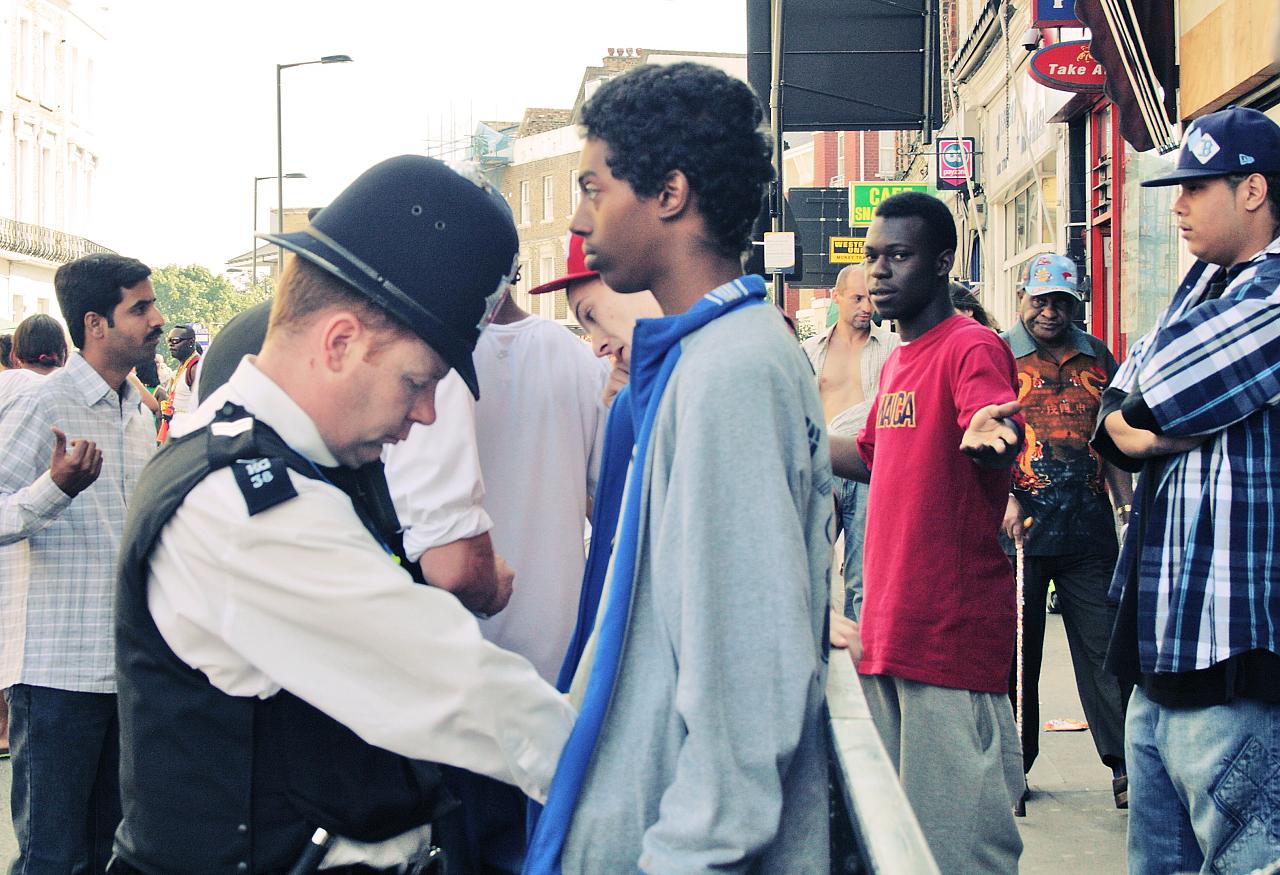
Amnesty International has called on the police to dismantle a secretive “gang matrix” that disproportionately monitors young black men in London.
A damning report found that 87% of individuals in the database were from Black, Asian and Minority Ethnic (BAME) backgrounds (78% were black). These findings raise concerns over the practices being used considering only 13% of London’s population is black.
The report raises concerns over how the police define what constitutes a gang, with criteria such as watching and sharing grime music videos featuring gang names, being one of the many vague and ridiculous indicators for gang affiliation.
Established after the riots of summer 2011, the Metropolitan Police have been collecting and sharing data on over 3,800 suspected gang-affiliated individuals in the capital using a traffic-light system. Community activists and young people told Amnesty they felt the database “unfairly profiled and stigmatised black youth, further entrenching distrust in the police and isolating at-risk individuals”.
Once on the database, there is no formal process for notifying individuals on the matrix about the process for having their names removed. What’s even more worrying is that there also appears to be little to no safeguarding against the data collected being shared between housing associations, schools, job centres, the criminal justice system and the Home Office.
The impact of this data sharing is particularly worrying considering that a staggering 40% of people listed on the matrix have no record of involvement in any violent offence in the past two years, and 35% have never committed any “serious offence”.
This isn’t the first time law enforcement have conflated youth culture with “gang” affiliation. Politicians recently blamed UK drill music as the reason for the sharp rise in knife crime in the capital. While the Met Commissioner Cressida Dick took aim at social media as a key driver of violent crime. However, as Rahel Aklilu wrote recently for gal-dem, “the recent spike in violent crime and the spate of deaths in London however, are not exclusively caused by a 15-year-old posting a music video on YouTube in a balaclava”.








